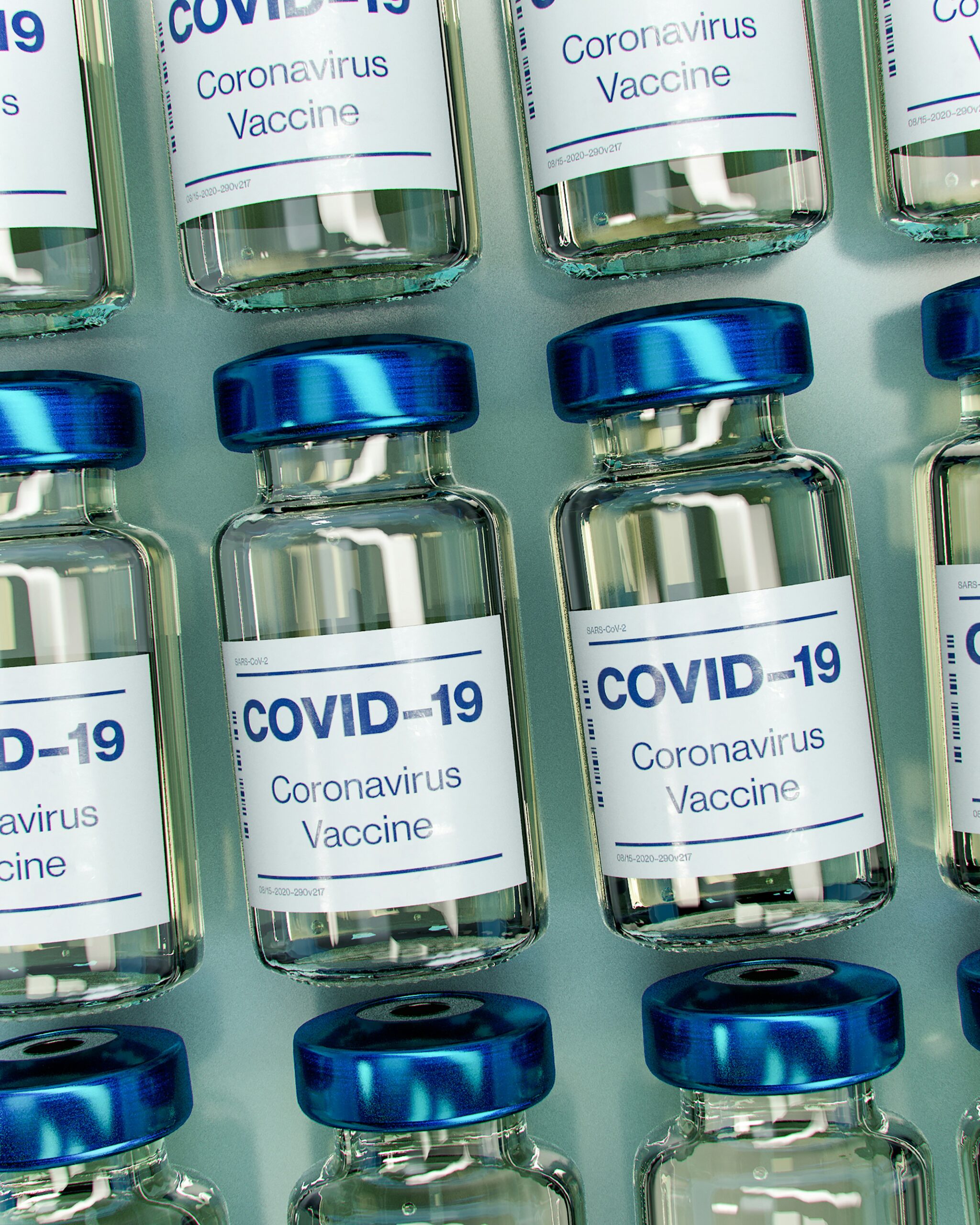In “Diagnosing Dementia: A Comprehensive Guide,” we will walk you through the essential steps of diagnosing dementia. This article aims to provide you with in-depth coverage on the specific subject of dementia diagnosis, focusing on how medical professionals determine whether someone is experiencing this cognitive disorder. We will explore the various diagnostic tools and assessments commonly used, highlighting the importance of early detection and the potential benefits it can offer to both individuals and their loved ones. Join us on this informative journey as we unravel the complexities of diagnosing dementia.

Understanding Dementia
Dementia is a term used to describe a decline in cognitive abilities that affects a person's daily functioning. It is not a specific disease but rather a group of symptoms that can be caused by various underlying conditions. The main feature of dementia is memory loss, but it can also involve difficulties with communication, problem-solving, and changes in behavior. It is important to understand the different types of dementia, their symptoms, and stages to effectively diagnose and manage the condition.
Definition and overview of dementia
Dementia is a broad term that encompasses a range of cognitive disorders characterized by a decline in memory, thinking, and reasoning skills. It is typically progressive, meaning that the symptoms worsen over time. Alzheimer's disease is the most common form of dementia, accounting for around 60-80% of cases. Other types include vascular dementia, Lewy body dementia, frontotemporal dementia, and mixed dementia. While the specific causes may differ, all types of dementia can have a significant impact on a person's daily life and require proper diagnosis and management.
Types of dementia
As mentioned earlier, there are several types of dementia, each with its own distinct characteristics. Alzheimer's disease is marked by memory loss, confusion, and difficulty with language and comprehension. Vascular dementia is caused by reduced blood flow to the brain and is often associated with stroke or other cardiovascular conditions. Lewy body dementia is characterized by visual hallucinations, parkinsonism, and fluctuating attention and alertness. Frontotemporal dementia affects the frontal and temporal lobes of the brain, resulting in changes in personality, behavior, and language. Mixed dementia is a combination of two or more types of dementia, most commonly Alzheimer's disease and vascular dementia.
Symptoms of dementia and stages
The symptoms of dementia can vary depending on the type and stage of the condition. In the early stages, individuals may experience mild forgetfulness and difficulty finding the right words. As the disease progresses, memory loss becomes more pronounced, and tasks such as managing finances and organizing daily activities become increasingly challenging. Communication difficulties, personality changes, and confusion may also arise. In the later stages, individuals may require assistance with basic activities of daily living and may experience severe memory loss and a decline in physical health. It is important to recognize these symptoms and stages to facilitate timely diagnosis and appropriate care.
The Clinical Assessment of Dementia
A comprehensive clinical assessment is crucial for the accurate diagnosis of dementia. It involves various evaluations and tests to gather information about a patient's medical history, physical and neurological health, psychiatric well-being, and cognitive abilities.
Initial evaluation and observation
During the initial evaluation, healthcare professionals will conduct a thorough interview with the patient and their family members to gather information about the onset and progression of symptoms, medical history, and any underlying conditions that may contribute to cognitive decline. Observations of the patient's behavior and cognitive functions in different settings, such as home or community, can provide valuable insights into their cognitive abilities and the impact of dementia on their daily life.
Physical examination
A physical examination helps rule out any underlying medical conditions that may contribute to cognitive impairment. It involves assessing vital signs, conducting a comprehensive neurological examination, evaluating cardiovascular health, and checking for any physical signs of illness or abnormalities.
Neurological assessment
A neurological assessment focuses on evaluating the function and integrity of the nervous system. It includes tests such as assessing reflexes, coordination, muscle strength, and sensory perception. It can provide valuable information about potential neurological causes of dementia symptoms.
Psychiatric evaluation
Dementia can often coexist with psychiatric disorders such as depression and anxiety. A psychiatric evaluation helps determine if these conditions contribute to the cognitive decline or if they are a result of the dementia itself. It involves assessing mood, emotions, and psychological well-being through interviews and standardized assessment tools.
Cognitive Assessments in Dementia
Cognitive assessments play a vital role in diagnosing dementia and monitoring its progression. These assessments help evaluate a person's cognitive abilities, such as memory, attention, language, and problem-solving skills. There are several widely used cognitive assessment tools that healthcare professionals employ in the diagnosis and monitoring of dementia.
Mini-Mental State Examination (MMSE)
The MMSE is a widely used screening tool for cognitive impairment. It assesses various cognitive domains, including orientation, registration, attention and calculation, recall, language, and visual-spatial abilities. The test consists of several questions and tasks, with scores ranging from 0 to 30. Higher scores indicate better cognitive function.
Montreal Cognitive Assessment (MoCA)
The MoCA is another popular cognitive assessment tool that provides a more comprehensive evaluation of cognitive abilities compared to the MMSE. It covers a broader range of cognitive domains, including visuospatial abilities, executive functions, and memory. Similar to the MMSE, the MoCA is scored out of 30, with higher scores indicating better cognitive function.
Addenbrooke's Cognitive Examination (ACE)
The ACE is a comprehensive cognitive assessment tool that evaluates multiple domains, including attention, memory, language, and visuospatial abilities. It consists of several subtests and provides a more detailed assessment of cognitive impairment compared to the MMSE or MoCA.
Laboratory Tests
Laboratory tests are an essential component of the dementia assessment process and can help identify underlying causes or contributing factors.
Blood tests and their relevance
Blood tests are used to assess various parameters, including blood sugar levels, thyroid function, liver and kidney function, vitamin deficiencies, and markers of inflammation and infection. These tests can help identify underlying medical conditions that may contribute to cognitive decline or mimic dementia symptoms.
Gene testing for genetic forms of dementia
Genetic testing can help identify specific gene mutations that are associated with certain forms of dementia, such as familial Alzheimer's disease or Huntington's disease. Identification of these mutations can aid in confirming the diagnosis and providing genetic counseling for affected individuals and their families.
Cerebrospinal fluid (CSF) tests
Collecting a sample of cerebrospinal fluid through a lumbar puncture can provide valuable information about the presence of biomarkers associated with neurodegenerative diseases. CSF tests can help differentiate between different types of dementia and provide insights into the underlying pathologies contributing to cognitive decline.

Neuroimaging in Dementia Diagnosis
Neuroimaging techniques play a crucial role in the diagnosis and management of dementia. These imaging modalities allow healthcare professionals to visualize structural and functional changes in the brain, aiding in the identification of specific brain abnormalities associated with different types of dementia.
Computed tomography (CT) scans
CT scans provide detailed cross-sectional images of the brain and can help identify structural abnormalities, such as brain atrophy or the presence of tumors or hemorrhages. While CT scans can help rule out other causes of cognitive impairment, they are less sensitive in detecting early changes related to dementia-specific pathology.
Magnetic resonance imaging (MRI)
MRI scans use powerful magnets and radio waves to produce detailed images of the brain. They can provide information about brain structure, including the presence of brain atrophy or lesions. MRI scans are particularly useful for visualizing changes associated with Alzheimer's disease, vascular dementia, and other types of dementia.
Positron emission tomography (PET) scans
PET scans involve the injection of a radioactive tracer that binds to specific molecules in the brain, allowing for visualization of metabolic activity, blood flow, or the presence of abnormal protein deposits associated with neurodegenerative diseases. PET scans can aid in differentiating between different types of dementia and detecting early stages of disease before significant structural changes occur.
Neuropsychological Testing
Neuropsychological testing involves a battery of tests that assess a person's cognitive abilities in detail. These tests are administered and interpreted by trained neuropsychologists and can provide valuable insights into the specific cognitive domains affected by dementia.
Purpose of neuropsychological tests
Neuropsychological tests aim to evaluate specific cognitive functions such as memory, attention, language, spatial abilities, problem-solving, and executive functions. By assessing different cognitive domains, these tests can help identify patterns of cognitive impairment and provide an objective measure of cognitive decline.
Common tests and their interpretations
There are various standardized neuropsychological tests used in the assessment of dementia, including the Rey Auditory Verbal Learning Test (RAVLT) for memory assessment, the Trail Making Test for assessing visual-motor processing speed and cognitive flexibility, and the Wisconsin Card Sorting Test for evaluating problem-solving and executive functions. The interpretation of test results takes into account performance compared to normative data and can provide valuable information about the severity and pattern of cognitive deficits.
Case studies
Case studies are often used in neuropsychological assessments to gain a deeper understanding of an individual's cognitive function. By analyzing specific cases, healthcare professionals can tailor treatment and support plans to address individual needs and challenges.

Specialized Assessments
In addition to the general cognitive and neurological assessments, certain specialized assessments can provide valuable information for personalized care planning and intervention.
Occupational therapy assessments
Occupational therapy assessments focus on evaluating a person's ability to perform daily activities independently. These assessments can help identify specific cognitive and functional deficits that may impact an individual's ability to engage in self-care, work, or leisure activities. Occupational therapists can then provide targeted interventions and strategies to promote independence and improve quality of life for individuals with dementia.
Language and speech assessments
Language and speech assessments are conducted by speech and language therapists to evaluate communication difficulties that may arise in individuals with dementia. These assessments help identify specific language impairments, such as word-finding difficulties or expressive and receptive language deficits. Therapists can then develop personalized strategies and interventions to improve communication and maintain functional communication abilities as dementia progresses.
Psychosocial assessments
Psychosocial assessments involve evaluating an individual's psychological well-being, social support systems, and emotional needs. These assessments consider factors such as mood, behavior changes, caregiver stress, and overall quality of life. Psychosocial assessments provide an understanding of the impact of dementia on both the individual and their caregivers, allowing healthcare professionals to provide appropriate support and interventions.
Interpreting Assessment Results
Understanding how to read and interpret assessment results is crucial for accurately diagnosing and managing dementia.
How to read and understand test results
Interpreting assessment results involves comparing an individual's performance on various assessments to published norms and considering factors such as education, age, and other relevant demographic information. Test results are typically reported as standardized scores or percentile rankings, allowing for meaningful comparisons and identification of areas of cognitive strength and weakness.
Indicators and markers for dementia
Assessment results can provide important indicators and markers for dementia diagnosis. Patterns of cognitive impairment, declines in specific cognitive domains, and discrepancies between different assessment measures can all contribute to identifying the presence and type of dementia. Additionally, biomarkers obtained through laboratory tests or neuroimaging can further support the diagnosis and provide insights into the underlying pathology.
How a dementia diagnosis is confirmed
A dementia diagnosis is typically confirmed through an interdisciplinary approach that combines the findings from clinical evaluations, neuropsychological testing, laboratory tests, and neuroimaging. While there is currently no definitive diagnostic test for most types of dementia, a comprehensive assessment can help healthcare professionals make an accurate diagnosis and differentiate dementia from other conditions with similar symptoms.

Early Diagnosis
Early detection and diagnosis of dementia are crucial for several reasons. It allows individuals and their families to access appropriate care and support services, plan for the future, and potentially participate in clinical trials or interventions aimed at slowing disease progression.
Importance of early detection and diagnosis
Early detection and diagnosis of dementia provide opportunities for early intervention and support. It allows individuals to understand their condition, make informed decisions about their care, and engage in lifestyle modifications that may help slow disease progression and improve quality of life. Early diagnosis also enables healthcare professionals to provide education and support for caregivers and develop personalized care plans to address specific needs.
Steps for early detection
Early detection of dementia involves recognizing potential warning signs and seeking timely medical evaluation. It is important to be aware of common symptoms such as forgetfulness, confusion, difficulty finding words, changes in mood or behavior, and challenges with daily tasks. If these symptoms are observed, it is crucial to consult with a healthcare professional who can perform a comprehensive assessment and determine the underlying cause.
Techniques being developed for early diagnosis
Researchers are continually working on developing new techniques and biomarkers for early diagnosis of dementia. These include blood tests that can detect specific biomarkers associated with neurodegenerative diseases, innovative neuroimaging techniques for visualizing early brain changes, and the use of artificial intelligence algorithms to analyze large datasets for identifying early signs of cognitive decline. These advancements hold promise for improving early diagnosis and intervention in the future.
Dealing With A Dementia Diagnosis
Receiving a dementia diagnosis can be emotionally challenging for both the individual and their family members. It is important to understand the emotional impact of the diagnosis, develop coping strategies, and access appropriate resources and support.
Emotional impact and coping strategies
A dementia diagnosis can evoke a range of emotions, including fear, sadness, anger, and grief. It is essential to acknowledge and express these emotions while seeking support from healthcare professionals, support groups, and family and friends. Developing effective coping strategies, such as maintaining a routine, engaging in activities that provide a sense of purpose, and practicing self-care, can help individuals and their families navigate the emotional challenges associated with dementia.
Planning for the future after diagnosis
Following a dementia diagnosis, planning for the future becomes essential. This includes discussing and documenting preferences for medical care, financial planning, and establishing power of attorney and advance directives. It is important to have open and honest conversations with family members and healthcare professionals to ensure that appropriate plans are in place to meet the individual's evolving needs.
Resources and support groups for patients and families
Numerous resources and support groups are available to individuals with dementia and their families. These include organizations specializing in dementia care, online communities, helplines, and educational materials. Participating in support groups can provide emotional support, practical advice, and a sense of community for individuals and families navigating the challenges of dementia.
In conclusion, diagnosing dementia requires a comprehensive and multidimensional approach. Understanding the definition, types, and symptoms of dementia, as well as the various assessment techniques and diagnostic tools, is essential for accurate diagnosis and appropriate management. Early detection, emotional support, and access to resources play a vital role in promoting quality of life and well-being for individuals and families living with dementia.

